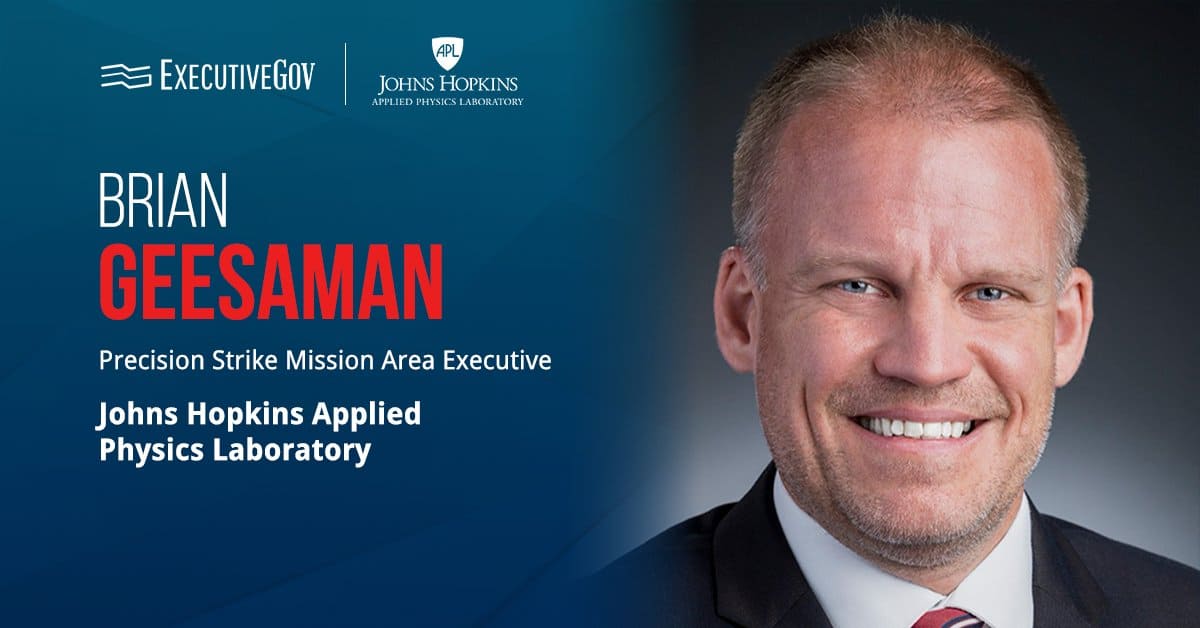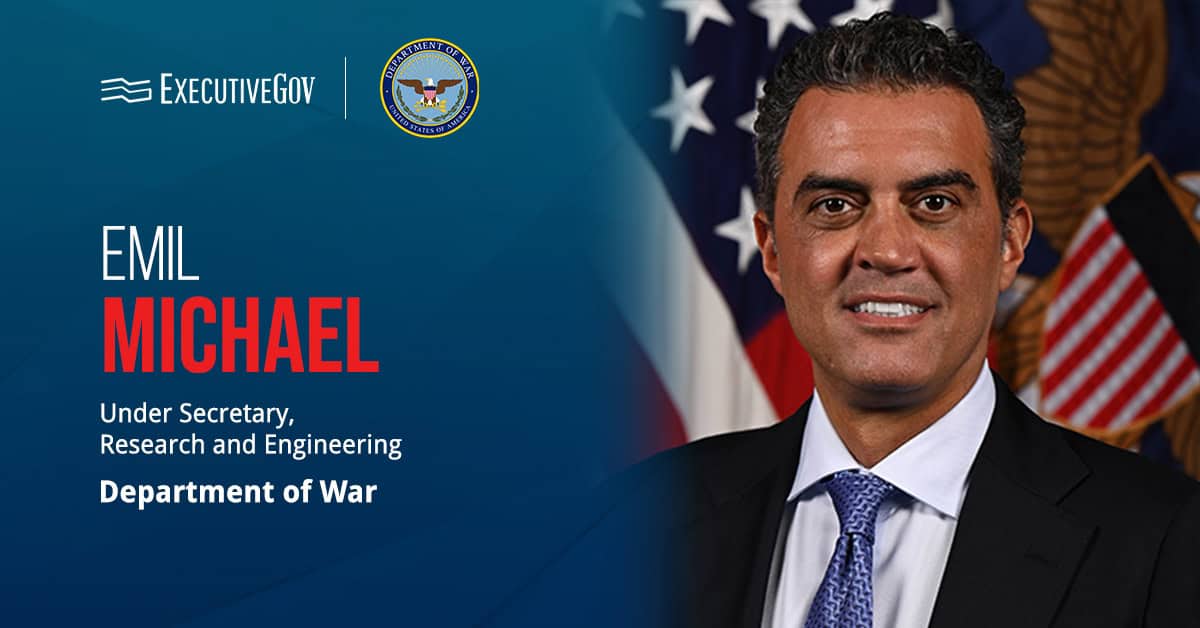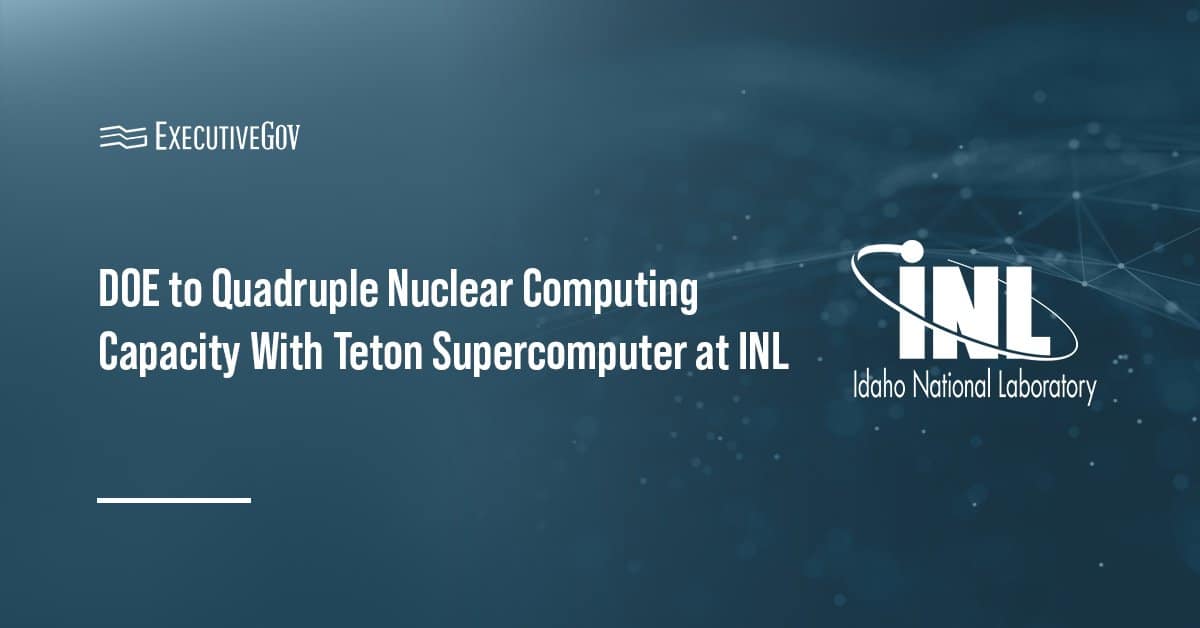
U.S. Special Operations Command is working to develop artificial intelligence technologies to help the military identify personnel who best suit certain tasks, Military.com reported Thursday.
SOCOM officials have collected and studied data on potential members for the Marine Corps Forces Special Operations Command. The information covers a very wide range and only excludes privacy-protected content, David Spirk, SOCOM’s chief data officer, told Military.com
“In the next six months, we’ll have a minimal viable product that we can begin using to use machine learning to identify who would be a good Marine Raider,” he said. If its successful, SOCOM will implement the approach across the special forces application process, Spirk noted.





